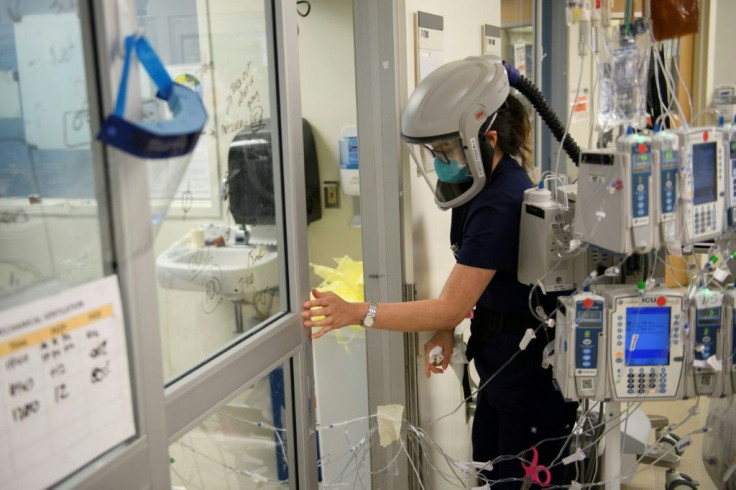Pulse Oximeter Readings Less Accurate In People With Darker Skin, Warns FDA
KEY POINTS
- Pulse oximeter readings should only be used as an estimate of blood oxygen saturation
- Skin pigmentation, poor circulation, tobacco use and fingernail polish can affect the accuracy of pulse oximeter readings
- The updated guidelines are based on a study published in the New England Journal of Medicine
Ever since the pandemic began, there has been a surge in the sales of pulse oximeters as low blood oxygenation is one of the major symptoms of COVID-19. However, it seems the non-invasive tool may be less accurate in darker-skinned people.
The United States Food and Drug Administration issued a warning last week regarding how a person’s skin tone could affect its accuracy. According to the warning, multiple factors such as skin pigmentation, poor circulation, skin thickness, skin temperature, tobacco use and fingernail polis can affect the accuracy of a pulse oximeter reading.
The FDA also notes that pulse oximeter readings should only be used as an estimate of blood oxygen saturation, and diagnosis and treatment decisions should be based on trends in pulse oximeter readings over time rather than absolute thresholds, when possible.
The updated guidelines are based on a study published in the New England Journal of Medicine under the title “Racial Bias in Pulse Oximetry Measurement.”
The study involved adult inpatients who were receiving supplemental oxygen at the University of Michigan Hospital (from January through July 2020) and patients in intensive care units at 178 hospitals (from 2014 through 2015).
The research team wanted to test if the readings taken by pulse oximeters deviated from the numbers provided by arterial blood gas tests. Interestingly, the non-invasive device registered misleading results 11.7 percent of the time in patients with darker skin than just 3.6 percent in those with fairer complexions.
Meanwhile, the FDA's Center for Devices and Radiological Health director of the Office of Product Evaluation and Quality Dr. William Maisel said, “While pulse oximeters may be useful for estimating blood oxygen levels, these devices have limitations that can result in inaccurate readings.”
The U.S. Centers for Disease Control and Prevention (CDC) has also updated its guidelines regarding the use of pulse oximeters, reports CNN. Data provided by the CDC also shows that Native, Latino, and Black Americans have a higher probability of being hospitalized due to complications brought about by the Novel Coronavirus (2019-nCoV).

© Copyright IBTimes 2025. All rights reserved.




















